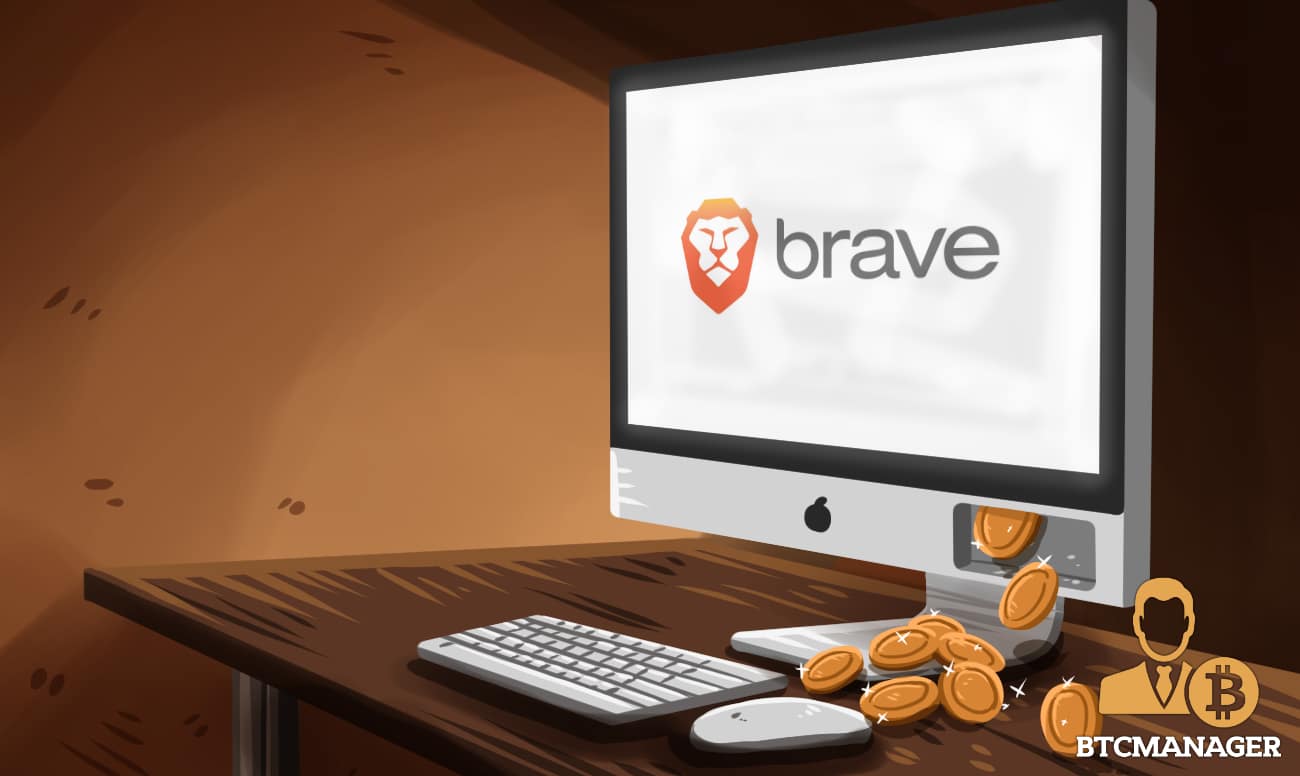Twitter and Reddit Users Set to Cash in on Posts through Brave Browser

Brave browser is set to launch an ambitious new function that allows Twitter and Reddit users to tip other posters on those platforms through the browser instantly. A CNET story on August 8, 2018, reveals that the ad-blocking browser is trying to completely upend the established order of internet publishing revenue generation by extending the instant micropayments feature currently offered to YouTube content creators to regular posters on social media platforms.
Basic Attention Token (BAT)
According to the report, the extended micropayment functionality will go live sometime in Q4 2018. Under the framework, users who use the payment system will be able to receive payments from other users if their content is sufficiently interesting or useful. Tippers will then have the option to notify the community that they tipped through a tweet or a Reddit post.
If successful, such a model is likely to spark the sort of disruption that the Brave Attention Token (BAT) promised at launch. Currently, internet publishing platforms are dependent on user content for survival, but the financial relationship is non-symbiotic, with websites keeping all advertising revenue and additionally harvesting user data for marketing and microtargeting purposes.
With this new model, Brave hopes to make it possible for the first time that typical users of such platforms can benefit financially from the engagement their posts create.
The system is already at work on platforms like YouTube and Twitch where streamers and content creators receive automated payments from Brave browser users with micropayments enabled. The payment amounts are tied to the number of unique views and visits, which rewards content creators with large followings.
Disrupting Advertising and Subscription Models
In addition to rewarding millennial posters and YouTubers with BAT, Brave is also attempting to take on a much broader problem with the internet revenue generation model – the tradeoff between advertisements and subscription paywalls.
By paying content creators directly for the views and visits their content generates, Brave wants to completely disrupt the existing model which monetizes user data almost as an end in itself, obsessively tracking user behavior and installing battery-killing surveillance tools.
The browser currently makes it possible for creators of premium content usually hidden behind a paywall to receive monthly BAT payments from users who have opted in. So far, only a few big names like The Guardian and The Washington Post have signed up, but the concept nevertheless remains a fascinating one.
While still dwarfed by traditional advertising models, Brave today boasts more than 20,000 verified publishers, 13,500 YouTube channels, 5,300 websites and 1,100 Twitch streamers receiving BAT payments from a BAT community of 3.25 million active users. These figures also continue to grow, indicating that there is a substantial market opportunity there.
Also, Brave also has its eyes on its opt-in advertising program where users will create their own advertisement profiles for use by advertisers to market products without privacy-invading trackers and logs. Advertisers then receive BAT payments based on how many users interact with their content after opting in on the otherwise ad-free browser.
In so doing, Brave hopes to solve the long-standing problem of a sustainable internet publishing model by using micropayments.














